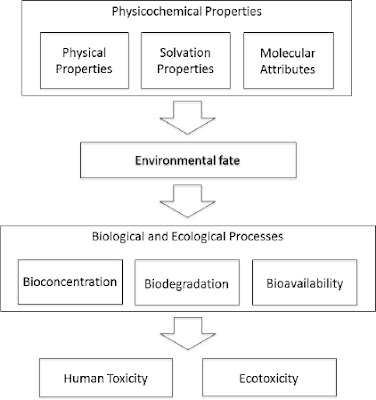Physicochemical characteristics and in vitro digestibility of potato and cassava starches under organic acid and heat-moisture treatments
A
combination of acid (citric acid or lactic acid) and heat-moisture treatment
was used to modify cassava and potato starches in this study.
Changes
in physicochemical properties and in vitro digestibility of the treated
starches were investigated.
The
cassava starch contained 17.0% amylose and possessed A-type crystallinity,
whereas the potato starch had 27.4% amylose and possessed B-type crystallinity.
After
acid and heat-moisture treatment, the crystalline structure of the cassava
starch remained unchanged (A type), while the crystalline structure of the
potato starch changed from B type to the C (B + A) type.
The
acid and heat-moisture treatment increased gelatinization temperature, peak and
final viscosities of cassava starch but reduced peak and breakdown viscosities
of the potato starch.
After
acid and heat-moisture treatment, rapid digestible starch contents of the
treated cassava and potato starches were significantly reduced.
However,
resistant starch (RS) contents of the treated starches significantly increased
as compared to the native starches. Citric acid was found to have high impact
on formation of RS in starches.
The
RS contents of cassava and potato starches obtained under the citric acid and
heat-moisture treatment were 40.2% and 39.0%, respectively, two times higher
than those of the native starches.
Title:
| Physicochemical characteristics and in vitro digestibility of potato and cassava starches under organic acid and heat-moisture treatments | |
| Authors: | Pham Van Hung Nguyen Thi Mai Huong Nguyen Thi Lan Phi Nguyen Ngoc Thanh Tien |
| Keywords: | Heat-moisture treatment Starch digestibility |
| Issue Date: | 2017 |
| Publisher: | ELSEVIER SCIENCE BV, PO BOX 211, 1000 AE AMSTERDAM, NETHERLANDS |
| Citation: | ISIKNOWLEDGE |
| Abstract: | A combination of acid (citric acid or lactic acid) and heat-moisture treatment was used to modify cassava and potato starches in this study. Changes in physicochemical properties and in vitro digestibility of the treated starches were investigated. The cassava starch contained 17.0% amylose and possessed A-type crystallinity, whereas the potato starch had 27.4% amylose and possessed B-type crystallinity. After acid and heat-moisture treatment, the crystalline structure of the cassava starch remained unchanged (A type), while the crystalline structure of the potato starch changed from B type to the C (B + A) type. The acid and heat-moisture treatment increased gelatinization temperature, peak and final viscosities of cassava starch but reduced peak and breakdown viscosities of the potato starch. After acid and heat-moisture treatment, rapid digestible starch contents of the treated cassava and potato starches were significantly reduced. However, resistant starch (RS) contents of the treated starches significantly increased as compared to the native starches. Citric acid was found to have high impact on formation of RS in starches. The RS contents of cassava and potato starches obtained under the citric acid and heat-moisture treatment were 40.2% and 39.0%, respectively, two times higher than those of the native starches. |
| Description: | TNS06994 ; INTERNATIONAL JOURNAL OF BIOLOGICAL MACROMOLECULES Volume: 95 Pages: 299-305 Published: FEB 2017 |
| URI: | http://repository.vnu.edu.vn/handle/VNU_123/28637 |
| ISSN: | 0141-8130 1879-0003 |
| Appears in Collections: | Bài báo của ĐHQGHN trong Web of Science |



Nhận xét
Đăng nhận xét